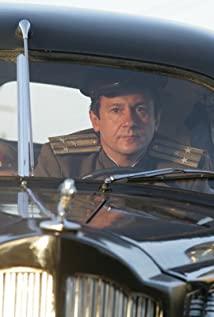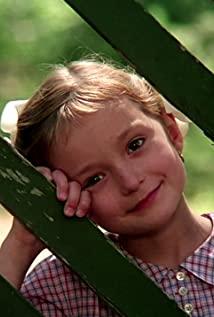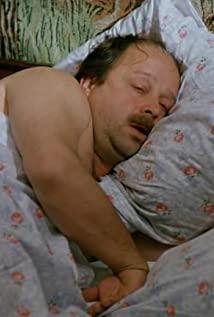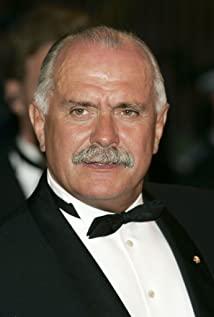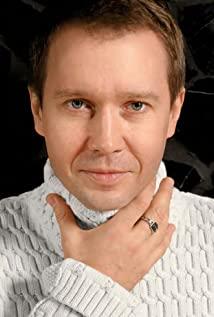It was virtual movies that gave me virtual nausea.
Horror movies never disgust me, and if I watch too much, it looks like ketchup even if it uses blood plasma.
The bad guys created by the popular melodrama can't disgust me even if they are ws. In theory, the bad guys who can be identified are not disgusting to the audience.
If the protagonist can't make me agree, at most, I feel that it is different from the director's aspirations, the way is inconsistent, and I can't live with him if I want to live, such as "Hero". If the unfortunate thing is that the film is well done, it can lead to a strong sense of offense, but the offense is less disgusting, more helpless. "Apocalypse Now" may be counted as one, novels have more precise examples: Zhang Chengzhi's "Black Horse" and "Spiritual History".
The Godfather used to disgust me. It was the second time I watched it. I just saw the happy wedding at the beginning, and thinking about the ending that echoed it, I was already disgusted.
I don't want to accuse anyone, and I don't want to whitewash anyone, so the movie exposes the hideous face of survival itself: today you attend your sister's wedding, you love each other, but one day you have to make her a widow.
It was the pure disgust that a person would have when he was thrown into the cruel desert of existence after being suddenly stripped of all the illusory shells of benevolence, righteousness, morality, and ethics that were used to protect his body.
Watching "Poison Sun" today gave me another nausea.
Also interpreting the betrayal during the "Great Purge" period, Chen Kaige in "Farewell My Concubine" largely whitewashed Duan Xiaolou who projected his political personality (Cheng Dieyi projected his artistic personality), he is guilty but we You can push the sins on his wife and on contemporary history. His wife is out of love. Besides, don't all women have long hair and short knowledge, so you can easily forgive her, and contemporary history has long been smeared in black. It's a group, and it's okay to wipe it again. After being washed in this way, the betrayal Duan Xiaolou and even Xiao Si can be regarded as hostages held by history. To say it is to reflect is to refuse to reflect.
But with Mikhalkov, Midya and Kotov are the same people. It takes courage to admit this.
"This is Daddy's chair," Kotov's young daughter reminded the outsider. But this house, the hostess of this house, if not for the accident, would belong to the person sitting in this chair at the moment. I changed positions once, and I sit back today, but things are different, and I can't go back: she doesn't love him anymore, there are regrets and guilt in her eyes, but more embarrassment; he played yesterday's music and sang about yesterday The song, the warmth, her whole family seems to have found more joy of the old days before the revolution because of his arrival, but he, who has been deprived of everything, has betrayed his own soul, this time he will take it away her everything.
Is it the cruel era that forces people to fight against each other, or is it that people have always lived in such an ugly world, and a certain era is just a sharper blade for people's desires?
The story is ambiguous at this point. The title, as well as the rising Stalin statue, all suggest Mikhalkov leans more towards the former.
Try to believe the former. Beyond the dark cavern of history, the abyss of nihilism stares at us.
When watching "A Trip to India", we couldn't bear the humbleness of Dr. Aziz in front of the British, and he almost left the scene halfway through. The child said it was our traumatic experience at work. From another British point of view, there would be no such pain. The lethality of "Poison Sun" also works in this way.
View more about Burnt by the Sun reviews







